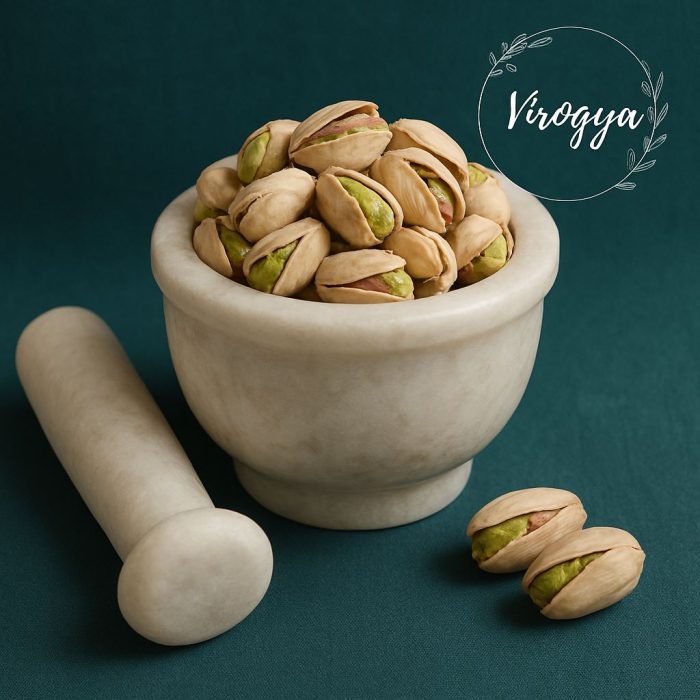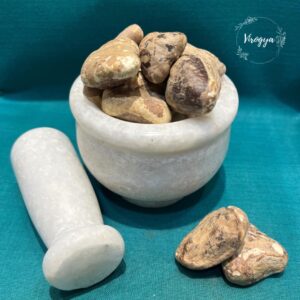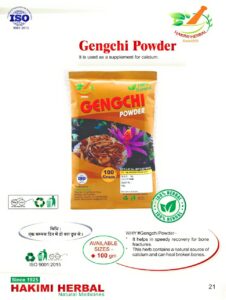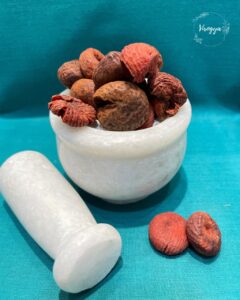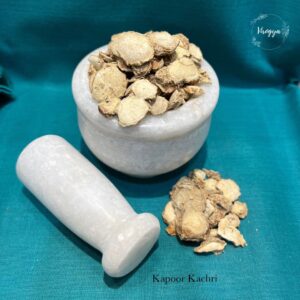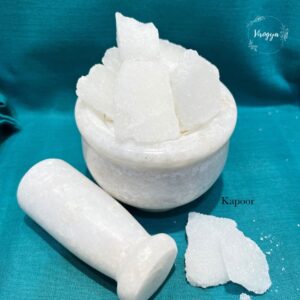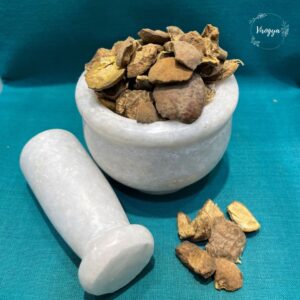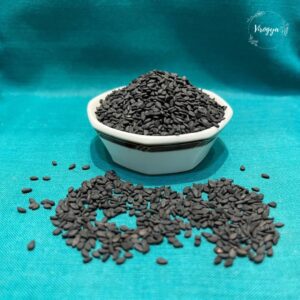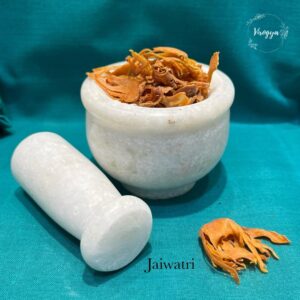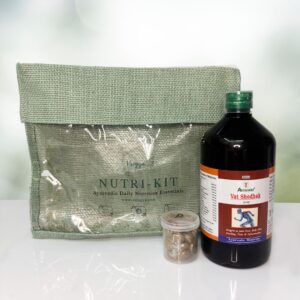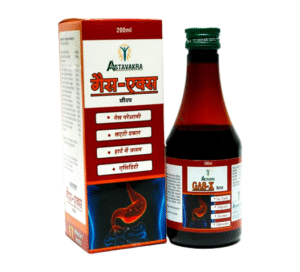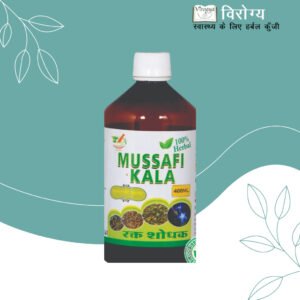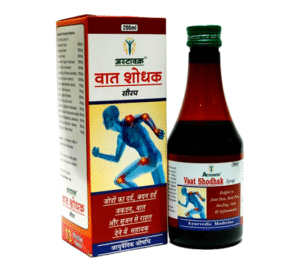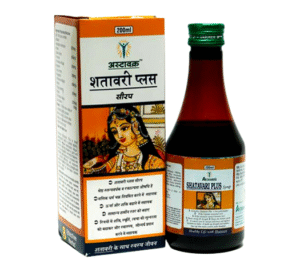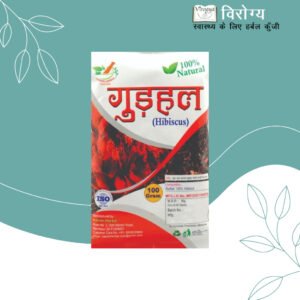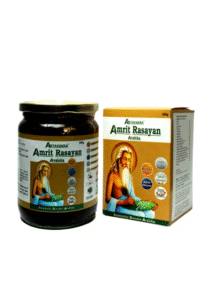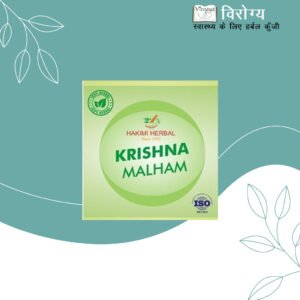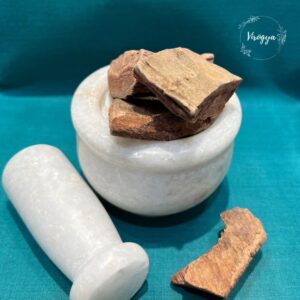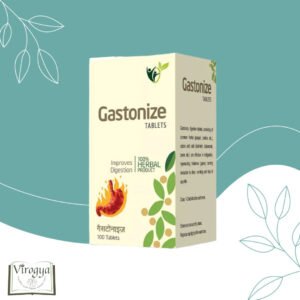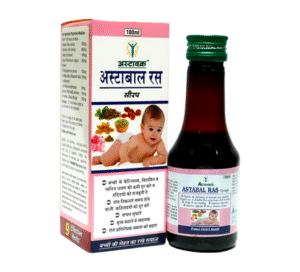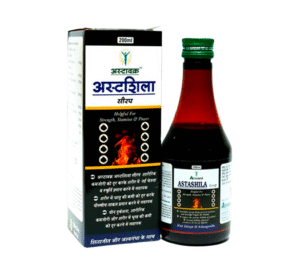Pista
Uses
- Heart Health: Reduces bad cholesterol (LDL) and supports heart function
- Weight Management: High fiber and protein keep you full longer
- Brain Function: Boosts cognitive health and memory
- Eye Health: Contains lutein and zeaxanthin, protecting against eye damage
- Digestive Health: Rich fiber promotes gut health and digestion
- Skin & Hair Care: Antioxidants and vitamin E improve skin glow and hair strength
- Pista milk is used as an energy booster and cooling tonic
- Pista oil is used in skincare for anti-aging properties
- Ground pistachios are added to sweets and herbal preparations
- Used in desserts like Kesar Pista Kulfi, Baklava, and Halwa
- Added to ice creams, cakes, and chocolates
- Used in salads, nut butter, and smoothies
Pista (Pistacia vera), commonly known as Pistachio, is a highly nutritious dry fruit and nut that is valued for its rich taste, health benefits, and culinary versatility. Native to the Middle East and Central Asia, pistachios have been cultivated for thousands of years and are widely consumed worldwide. Packed with healthy fats, protein, fiber, antioxidants, and essential vitamins, pistachios are beneficial for heart health, brain function, digestion, and weight management. They are widely used in desserts, snacks, and traditional medicines, making them one of the most prized nuts in the world.
Physical Characteristics
- Tree Type: Small deciduous tree growing up to 10 meters
- Leaves: Pinnate, dark green
- Fruit: Hard-shelled, light brown with an edible green seed inside
- Seed (Pistachio Nut): Green to yellowish, rich and nutty in taste
Side Effects and Precautions
- Overconsumption may cause weight gain due to high-calorie content
- Salted pistachios may increase sodium intake, affecting blood pressure
- People with nut allergies should avoid pistachios
- Eating too many may cause digestive discomfort
Conclusion
Pista (Pistacia vera), or Pistachio, is a nutrient-dense superfood with numerous health benefits. From boosting heart and brain health to improving digestion, skin, and eye health, pistachios are a valuable addition to a balanced diet. Whether consumed raw, roasted, or in desserts and milk preparations, pistachios provide a rich source of energy and essential nutrients. However, mindful consumption is recommended to maximize benefits while avoiding excessive calorie intake. With sustainable farming practices, pistachios remain one of the most cherished and nutritious nuts worldwide.
| Weight | 100GM, 250GM, 500GM |
|---|

